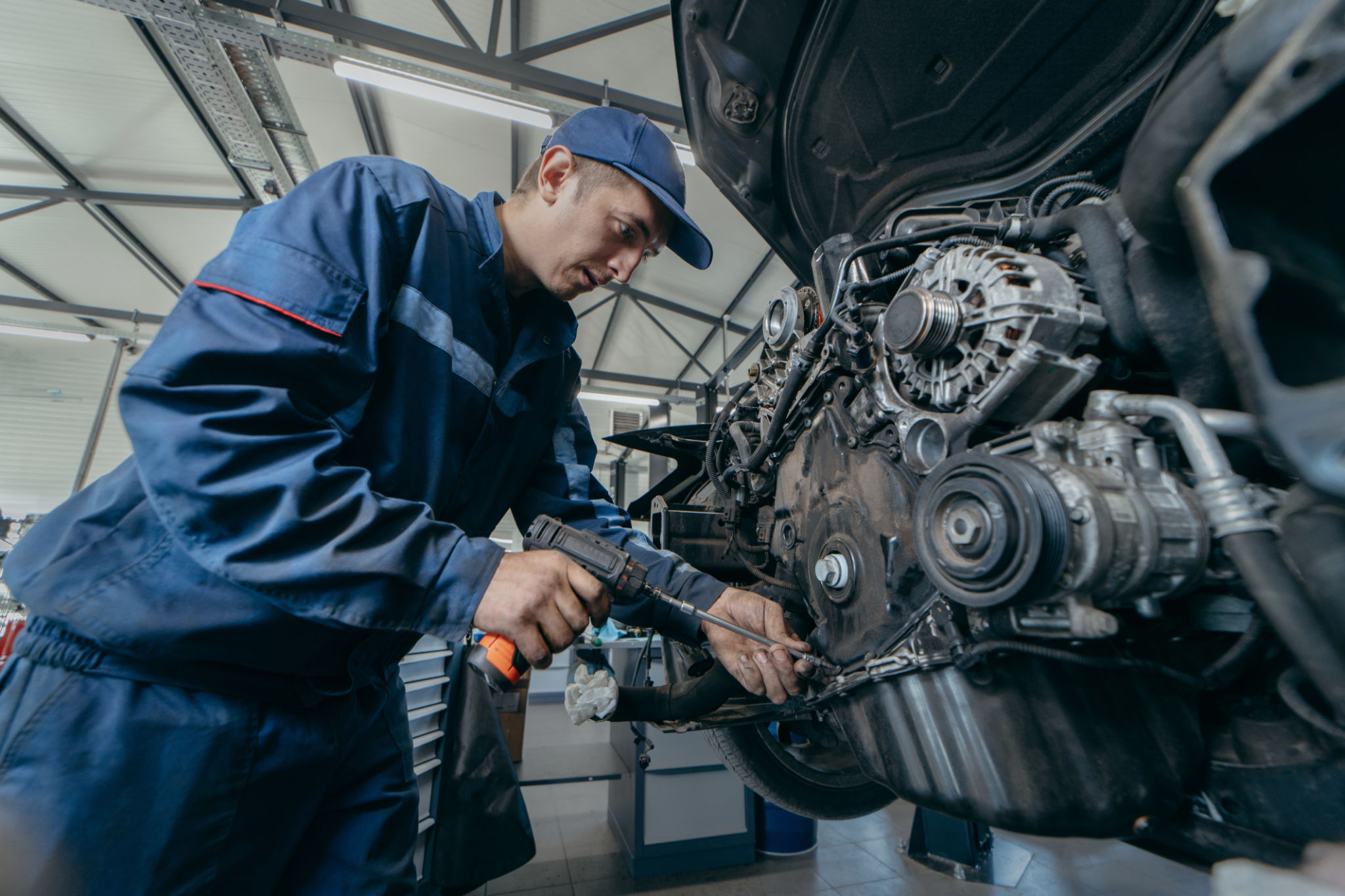Common Misconceptions About Diesel Engines: Debunked
Understanding Diesel Engines
Diesel engines, often misunderstood, have long been a staple in industries ranging from transportation to construction. Despite their widespread use, several myths and misconceptions persist about their efficiency, environmental impact, and maintenance needs. In this blog post, we aim to debunk some of these common misunderstandings and shed light on the true nature of diesel engines.

Myth 1: Diesel Engines Are Inefficient
One of the most prevalent misconceptions is that diesel engines are inefficient compared to gasoline engines. In reality, diesel engines are generally more fuel-efficient. This is because diesel fuel contains more energy per gallon than gasoline, and diesel engines operate using a higher compression ratio, which contributes to greater efficiency. This means that diesel-powered vehicles often provide superior mileage, making them a cost-effective choice for long-distance travel.
Moreover, advancements in technology have further enhanced the efficiency of diesel engines. Modern diesel engines are equipped with features like turbocharging and direct fuel injection, optimizing performance and fuel economy.
Myth 2: Diesel Engines Are Environmentally Harmful
Another common belief is that diesel engines are significantly more polluting than their gasoline counterparts. While older diesel engines were known for emitting higher levels of pollutants, technological advancements have dramatically changed this narrative. Modern diesel engines incorporate advanced emissions control systems such as particulate filters and selective catalytic reduction, which substantially reduce harmful emissions.

Furthermore, diesel engines emit less carbon dioxide per mile compared to gasoline engines. This is due to their superior fuel efficiency, which leads to lower CO2 emissions over the vehicle's lifecycle.
Myth 3: Diesel Engines Are Noisy and Uncomfortable
Many people associate diesel engines with noise and vibration, assuming that they offer a less comfortable ride. However, this stereotype largely applies to older models. Today’s diesel engines are designed with advanced technologies that minimize noise and vibrations. Innovations in engine design, soundproofing materials, and mounting systems have significantly improved the driving experience.
In fact, many diesel vehicles on the market today provide a smooth and quiet ride comparable to gasoline-powered vehicles, making them suitable for both urban and long-distance driving.

Myth 4: Diesel Engines Require Constant Maintenance
Some individuals avoid diesel vehicles due to the belief that they demand excessive maintenance. While it’s true that diesel engines have specific maintenance requirements, they are not necessarily more demanding than gasoline engines. Regular maintenance such as oil changes and fuel filter replacements is essential for all engine types to ensure longevity and performance.
Furthermore, diesel engines are known for their durability and longevity. They are built to withstand higher pressures and tend to last longer, making them a reliable choice for heavy-duty applications.
The Bottom Line
Understanding the realities of diesel engine performance and capabilities can help dispel myths and make informed choices when considering a vehicle purchase. As technology continues to advance, diesel engines remain a viable and efficient option for many drivers worldwide. By recognizing the facts over the fiction, consumers can appreciate the benefits that modern diesel technology has to offer.
Next time you consider a vehicle purchase or discuss engine types, remember these debunked myths about diesel engines. They might just surprise you with their efficiency, eco-friendliness, and reliability.